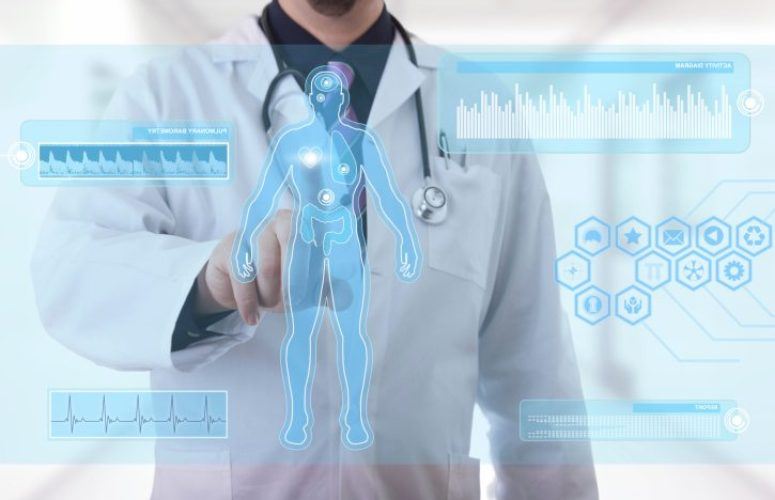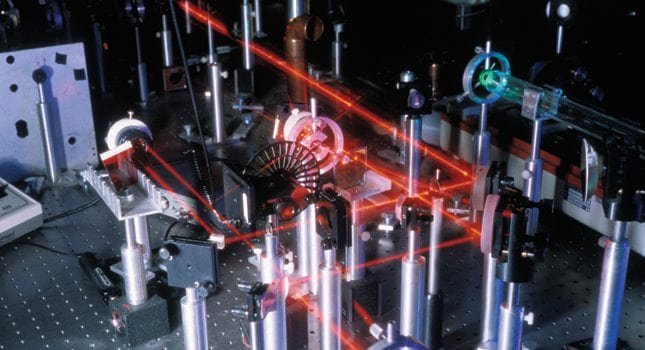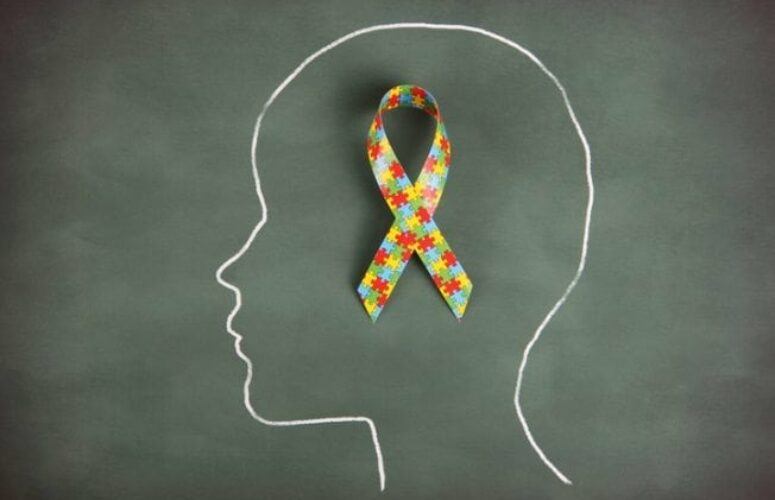
First Lady Mary Pat Christie and Health Commissioner Mary O’Dowd Announce $4.4 Million in Grants
On Jun 25, 2015Enhancing the administration’s firm commitment to finding new and innovative ways to help New Jersey families impacted by autism, First Lady Mary Pat Christie and Health Commissioner Mary E. O’Dowd announce $4.4 million in grants to establish Autism Medical Homes and the advance research in the understanding, prevention, evaluation and treatment of the biologically-based disorder. New Jersey is a national leader in early intervention and education of children with autism, which affects about 1 in 45 children across the Garden State.
Mrs. Christie and Commissioner O’Dowd were joined by parents, hospital officials, autism care providers, and members of the Governor’s Council for Medical Research and Treatment of Autism for the announcement.
“The Governor and I have had many opportunities to meet with families throughout New Jersey who are touched by autism. Their desire is what all parents want for their children – the best possible outcomes to lead productive and full lives,” said First Lady Mary Pat Christie. “Today marks another milestone in our commitment to these families and their loved ones. The $4.4 million in grants being awarded by the Governor’s Council will help children and adults impacted by autism achieve a better quality of life while giving their families, who experience the challenges of autism every day, hope for the future.”
A total of $1.2 million is being awarded for autism medical homes to be established in Children’s Specialized Hospital in Mountainside, Hackensack University Medical Center in Hackensack and Jersey Shore University Medical Center in Neptune. Each of the hospitals will receive approximately $400,000 over two years.
In addition, eight other research grants are being awarded to medical schools and universities for clinical and translational research projects including development of early markers of Autism Spectrum Disorder (ASD) and a study examining how diverse populations with an autism diagnosis to link to services.
The three Autism Medical Homes pilot projects are designed to improve health outcomes for children with ASD. They focus on reducing unmet needs for specialty services by bringing together primary care providers, subspecialists and ASD providers to treat the whole person. The project’s goal is to improve the quality of and access to services along the continuum of care.
“Having all medical care and treatment services coordinated through medical homes will improve the health of children with autism and reduce the stress on these families,” said Commissioner O’Dowd. “These pilot projects and research grants will build on the work this Administration has done to broaden autism research, create an Autism Center of Excellence at Montclair State University and translate scientific knowledge into improved care and services for children with ASD and their families.”
Today’s grants were announced at Jersey Shore University Medical Center, which is establishing an Autism Care Coordination Program for children up to age six with autism and their families. “We’re very thankful for the opportunity to participate in this critical pilot program,” said Steven W. Kairys, M.D., Medical Director, K. Hovnanian Children’s Hospital at Jersey Shore University Medical Center. “We’re hopeful that the implementation of medical homes for autism will alleviate some of the challenges faced each day by families caring for children with autism and provide tangible improvements in the health care setting.”
“Medicine has made tremendous strides in identifying comprehensive treatments for children with autism. With advancements come complexities in delivering that care,” said Dr. Matthew McDonald, chief of Special Needs Pediatrics, Children’s Specialized Hospital. “This unified coordination of care is a game changer, not only for the health care industry, but more importantly for the children and families we treat at Pediatric Primary Care at Children’s Specialized Hospital. We are laying the foundation to improve the quality of life for these children and families, now and in the future.”
Robert C. Garrett, president and chief executive officer of Hackensack University Health Network, said, “As a state-designated children’s hospital, we remain focused on providing a comprehensive pediatric hospital, encompassing a vast array of medical and behavioral specialties and sub-specialties. Through this grant, the Joseph M. Sanzari Children’s Hospital will be able to focus its efforts on developing an autism pilot project to better serve patients and their families.”
The eight research grant awards are:
- $398,050 to Rowan University in Glassboro to evaluate Applied Behavior Analysis interventions on communication in preschool children with autism using SMART Treatment Design;
- $384,382 to Rutgers University, Biomedical and Health Sciences in New Brunswick to research the experiences of diverse families of children newly diagnosed with ASD;
- $398,319 to Rutgers University, Biomedical and Health Science in New Brunswick for development of early markers of ASD;
- $385,838 to Rutgers University in Piscataway for bridging the gap between behavior and genetics in individuals with ASD through the detection of micro-movements in social behavior with the potential of leading to earlier diagnosis of ASD;
- $400,000 to Rutgers University Biomedical and Health Sciences in Piscataway to study human stem cells from individuals with autism to identify neurobiological pathways that contributes to idiopathic autism;
- $400,000 to Rutgers University, Human Genetics Institute in Piscataway to identify specific genetic changes that increase risk for ASDs by using clinical data and DNA from families in affected by ASD;
- $399,972 to Rowan University-School of Osteopathic Medicine in Stratford to understand how Bisphenol A can affect metabolism in some children with ASD and their mothers;
- $400,000 to Rutgers Biomedical and Health Sciences (RBHS) in Piscataway for a treatment trial to confirm phenotypic improvement with sulforaphane treatment in a population of individuals with autism






